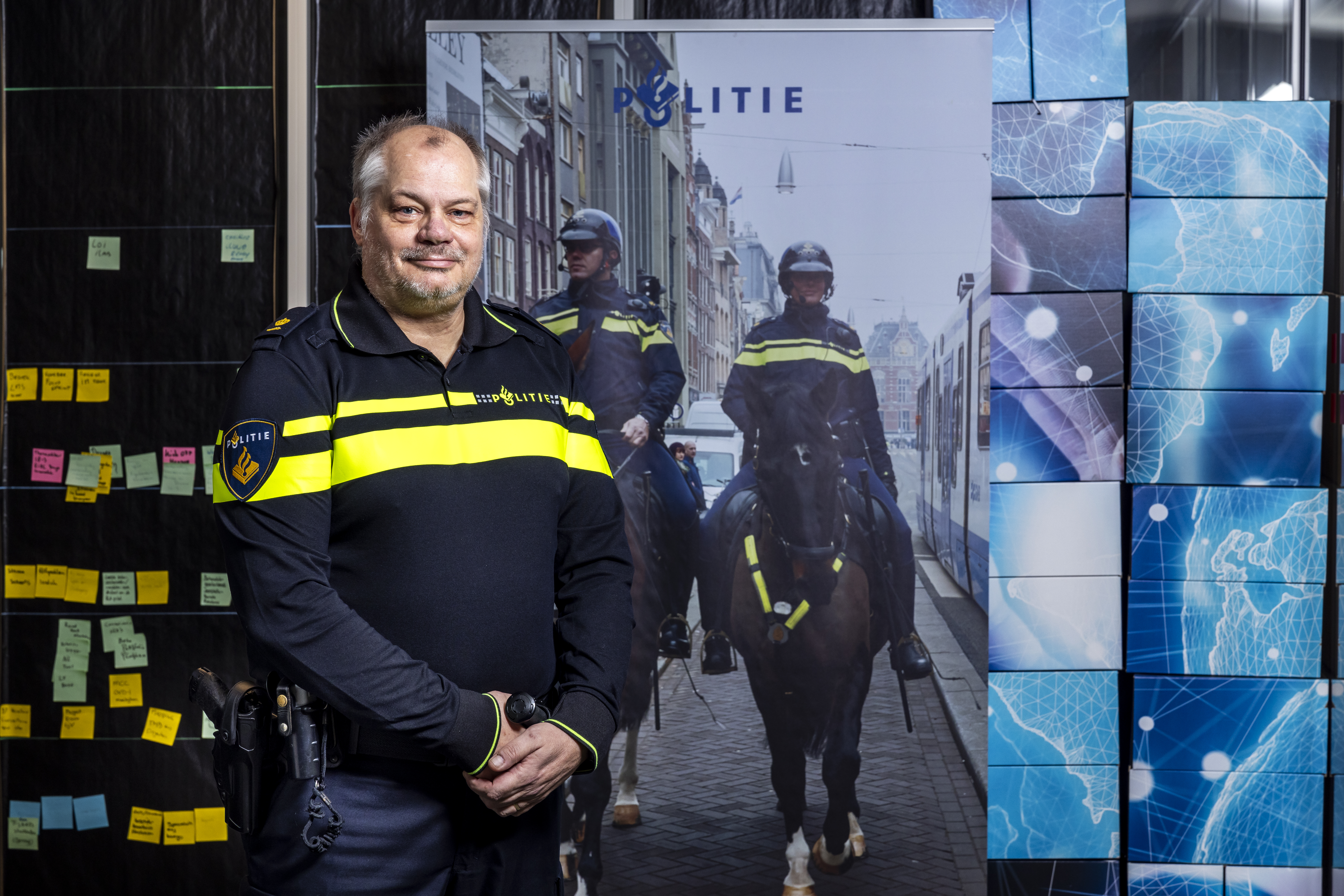
Nowadays cars hardly ever break down, and that’s a good thing because before you know it you’re standing alongside the road with a yellow vest and you’re mistaken for someone who’s protesting against whatever it may be that the yellow vests are protesting against. I’m not going to join the long line of people who ridicule the phenomenon that’s still marginal in the Netherlands. They do that much better themselves. It strikes me, however, that the classic debate between left and right seems to make room for the debate between short and long-term thinkers. Strange, because those two sides seem to offer a very good addition to each other, and should lead to mutual appreciation. But that does not seem to be the case. As I have heard a few times before, “the elite is concerned about the end of the world, but the people are concerned about whether they will make it to the end of the month”. Truly a wonderful division, that however smothers in the lack of understanding for the position of the other side.
So you may also call this a reproach to those who mainly think about the long-term and ignore the fact that we are naturally inclined to pursue our own interests on the short term. And frankly, many scenarios to save the world are accompanied by a not really attractive view of cold showering, smaller housing, cycling through the rain, giving up the just won luxury of air travel and starting to share that “mobile extension of your cave”, i.e. your own car.
And it also doesn’t help to fight with statistics that prove that just about everyone has a much better life these days. And shouting out that that’s why people shouldn’t complain. Look at Frans de Waal’s experiments where satisfied capuchin monkeys are taught to give a little rock to the caregiver, who then gives back a piece of cucumber as a reward. Satisfied until one of the two monkeys gets a sweet grape instead of a cucumber.
So exchanging the world of haves and have-nots for a world of have’s and have-a-lots does not solve the problems, on the contrary. I can see the monkey on the left already putting on his yellow vest, and rightly so.
Real change lies in products that are better in the long and short term, but especially in products that allow everyone to benefit noticeably. Possibly with a financial push to roll in the right direction. A good and successful technology makes everything better and cheaper for everyone, as it always turns out.
My Christmas message: slow down the tendency to find something negative about another person. It’s an annoying remnant of our prehistoric times that you call someone from the other side an asshole earlier than someone from your own side. But really, those others aren’t worse on average. So keep the figure below in mind every now and then: Fill in what you want for X and Y: Bankers versus non-bankers, right wing against left wing, religion A against faith B, short-term thinkers against long-term thinkers, PSV-fans against those of Ajax, people who can’t afford a yellow vest against people who can. None of them is so bad after all. Of course, the figure is too simplified. People are not constantly either an asshole or not an asshole, and circumstances can make anyone move in the wrong or right direction. So let’s put our energy as much as possible in staying on the right side of the line and improving the conditions for everyone.
I wish you a Merry Christmas and a great start in 2019.

About this column:
In a weekly column, alternately written by Maarten Steinbuch, Mary Fiers, Carlo van de Weijer, Lucien Engelen, Tessie Hartjes and Auke Hoekstra, Innovation Origins tries to find out what the future will look like. The six columnists, occasionally supplemented with guest bloggers, are all working in their own way on solutions to the problems of our time. So that tomorrow will be good. Here are all previous episodes.








